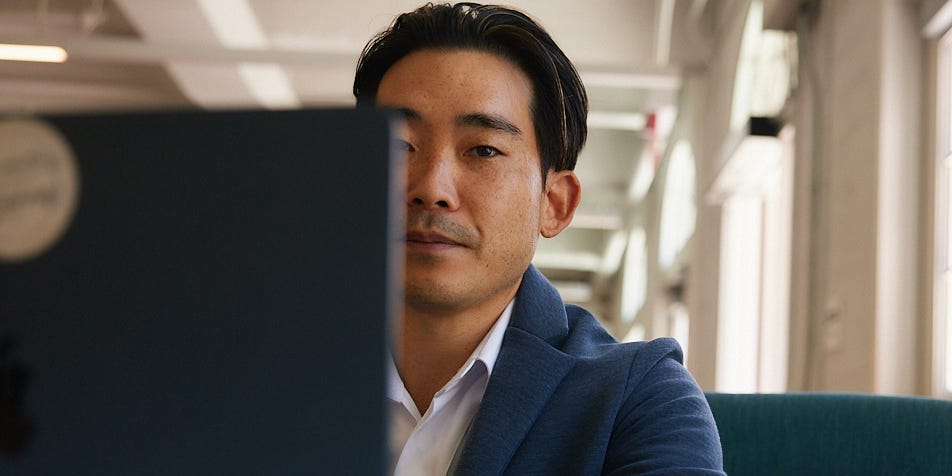This essay is part of Lonely at the Top, a series that examines the link between wealth and loneliness.
I grew up in a modest household in Hawaii — first-gen, middle class. We were the kind of family where you’re taught to save every penny and keep your head down. The kind where we never ordered soda on the rare occasion we actually went to a restaurant.
I followed those values into adulthood. I earned an engineering degree, landed a W-2 job, lived frugally, and saved hard.
By my late 20s, I’d bought my first rental property in Seattle. By 2015, I had 11 units and a growing net worth.
But here’s what no one tells you when you cross that first million-dollar mark: It gets lonely. Not because of the money, but because you feel like you can’t talk about it.
That is, until I met other millionaires, who opened a new social world for me.
Becoming a millionaire was alienating
In my 20s, I was so focused on work and building my wealth that I isolated myself initially. I barely had a social life and considered myself an introvert.
But when my net worth grew into seven figures, it became even more difficult to connect with the few people who were still in my life. I was suddenly different. I felt like a ghost in my own life. I’d built financial traction, but I was a lone wolf. Everyone I knew was still on the 401(k) escalator.
My coworkers didn’t understand things I found important. My old friends still saw debt as dangerous and opted to do 15-year mortgages rather than 30-year mortgages.
It wasn’t because those people were less intelligent than I am; we were just concerned about different things.
I stopped talking about my goals because it sounded like I was bragging. Plus, still being frugal at the time, I didn’t want any excuse for me to have to pick up the bill all the time for my buddies.
That was back in 2015.
I then met people of a similar wealth bracket
The turning point came in 2016 when I joined a real estate mastermind, which is a group of investors who come together to connect. For the first time, I met people who spoke my language. They weren’t impressed with how much I made because they made the same — or more. They just wanted to talk about the industry.
Groups like Entrepreneurs’ Organization (EO) and Vistage gave me a starting point — structured, vetted environments where high performers could talk openly about business, money, and personal growth.
At one event, a person even wrote his net worth on his name tag. I realized he wasn’t coming from a place of bragging. It was a way to be efficient and forthright — two things I value.
These people — many of them with seven- and eight-figure net worths — weren’t arrogant or flashy. These weren’t prodigies or geniuses. They were people who had lost money, made it back, learned lessons, and kept moving forward. Especially among first-generation wealth builders, I found a quiet humility. Once I got into the room, I realized they weren’t any smarter; they were just more persistent.
More than anything, I felt relieved — relieved that I wasn’t weird and relieved that I wasn’t the only one thinking about tax efficiency, estate planning, and building multi-generational wealth in my 30s.
I even discovered something else: I wasn’t introverted like I thought; I was just an extrovert who’d never found his tribe.
I still remember a dinner with a small group of fellow real estate investors. The conversation was fluid, deep, and energizing. No one held back. It was the first time I felt truly understood — and I didn’t want the night to end.
Deeper friendships with like-minded people cured my loneliness
Even today, I rarely talk about business or money with my old friends or family — maybe I should. But I don’t have to anymore because I’ve built a curated circle of people who get it.
That shift gives me peace.
I no longer feel the need to over-explain or downplay my goals. I no longer try to force old relationships to grow into spaces they were never meant to occupy. I also stopped forcing relationships with people who don’t have the same values and aren’t taking risks. Learning and accepting that we just won’t connect has helped me immensely.
Instead, I started building deeper relationships with other first-gen millionaires who had walked a similar path.
Strangely enough, self-made net worth tends to be a good filter for connection. It’s not about flaunting it; it’s just a helpful signal. Because when you meet someone else who’s built it from scratch, you tend to speak the same language — even before you say a word.
Read the full article here


